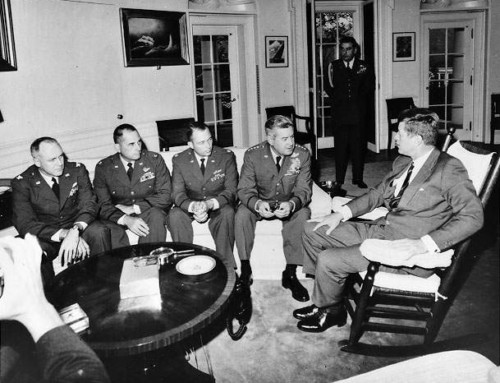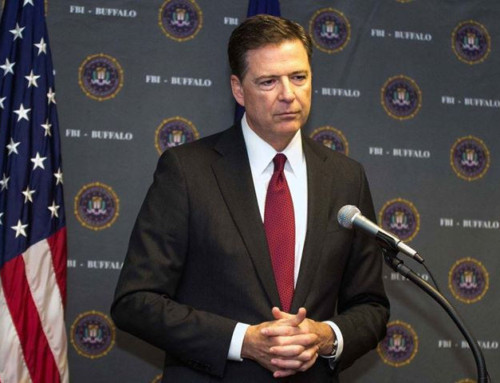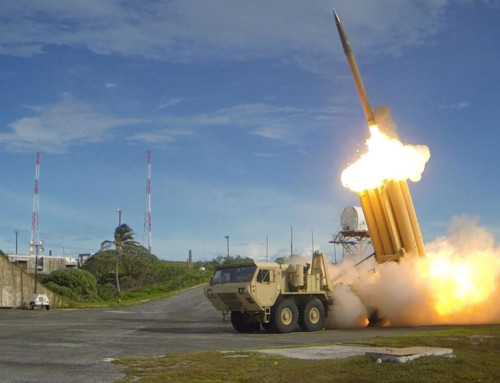Yesterday Mitt Romney unveiled his plan to make the country energy independent by 2020. In the summation of my book, Lessons from Fallen Civilizations, I predicted that by the eve of this election, the American public would yearn for a new president who would understand the strategic importance of American energy independence. (see Economic Freedom and the Laurium Model below).
I reasoned that if the country were to commit to becoming a net energy exporter by the end of this decade, not only would we begin to reverse our economic decline but that it just might prevent World War III. It might deter a future war with, for example, a possible consortium of China, Russia, and Iran, if they know that we possessed an unlimited domestic supply of energy.
 Economic Freedom and the Laurium Model
Economic Freedom and the Laurium Model
(Lessons from Fallen Civilizations p. 292,3)
During the decade between the infamous battle of Marathon in ancient Greece in 490 BC and the 480 Persian invasions, a huge vein of silver was discovered by the Athenians at Laurium. During the early years of the new Grecian democracy, at the Assembly, the brash young aristocrat and orator, Themistocles, convinced his countrymen that they not disperse the silver among themselves but instead build a navy. Had he not convinced the Athenians to do this, there would have been no battle of Salamis. The Greeks would have been conquered and the progress of Western civilization subsumed, so consequential was his initiative.
Similarly, John F. Kennedy, at the onset of his presidency in 1961, declared it would be the explicit goal of the United States “. . . by the end of this decade, to send a man to the moon and bring him home safely.” In this, Kennedy signaled to the Soviets that the space program of the United States would be dedicated to the twin objectives of elevating Americans’ love of country and reestablishing military superiority. In September 2010, then Secretary of State Hillary Clinton, when speaking to the Council on Foreign Relations, stated, “I think that our rising debt level poses a national security threat in two ways: It undermines our capacity to act in our interests and it sends a message of weakness.”
Two and half years into the Obama presidency, despite the damage it did to the American economy, including the loss of its AAA credit rating, the US still commanded the world’s largest economy. It represented approximately 20% of the world’s Gross Domestic Product (GDP). It faced the daunting task of needing to undo nearly everything President Obama had done. Moreover, the country needed to embark on the following three initiatives that would unburden the taxpayers from their massive debt service and quite possibly save the West from destruction:
- Total Energy Independence
- Complete Missile Defense
- A New Transportation Paradigm
Total Energy Independence
The days of vainly trying to turn down the temperature of the planet by crippling our own economy had come to end, making energy exploration and production a national security imperative rather than a liability. By 2011, the country desperately needed to:
- Commit to becoming a net exporter of energy in ten years or less.
- Lift all moratoriums on proven natural gas and oil fields effective immediately.
- Streamline the approval process in every state with the objective of constructing a new nuclear power plant.
- Lower dependence on all foreign energy sources in every way possible.
- Partner with major energy producers to utilize the assets under foot and follow the example of the ancient Athenians.
- Produce indigenously all the energy sufficient to power both its infrastructure and military.
- Convince the electorate that America’s readiness to fight a global conflict will make it less likely that it will be forced to do so.
The New Transportation Paradigm
Given that American ingenuity first discovered the means to mass-produce the fossil-fueled combustion engine, it could also discover and produce its replacement technology. As America’s new majority looked beyond the Obama presidency, it began.




